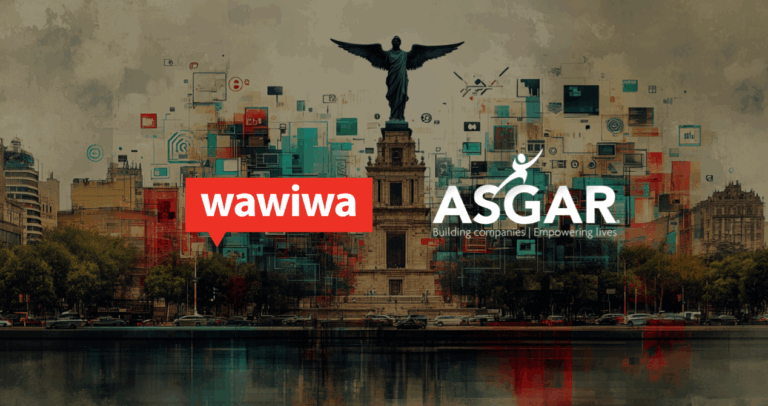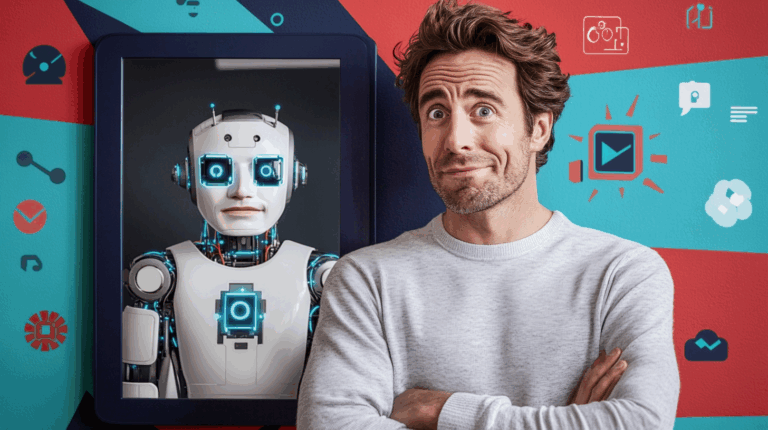Have you heard of vibe coding? It’s a fresh way of thinking about programming – less about strict rules, more about flow, intuition, and creating code that “feels right.” But as exciting as it sounds, vibe coding also raises some important questions. Can something that is built on instinct and speed also be secure? What happens to privacy and data protection when Software Developers lean too much on “vibe” over structure?
Vibe coding is sparking curiosity, debate, and a bit of controversy in the tech world. It’s fun, fast, and empowering, but also a challenge when it comes to responsibility and trust.
This blog explores why everybody’s talking about vibe coding along with the issues of security and privacy behind it.
Why Everyone’s Talking about Vibe Coding
Vibe coding is already proving its power. Lovable, a Stockholm-based AI platform, just hit $100M in annualized revenue in only 8 months. One user, who had never coded before, built a fully functioning business in just 10 days and generated $50K in revenue.
Traditionally, building an app required years of learning syntax, frameworks, and debugging. With vibe coding, anyone with an idea can get started. By using natural language and intuitive AI tools, creators can skip the technical barriers and go straight to testing their ideas in real time. This democratization of coding opens doors for entrepreneurs and problem-solvers who might otherwise require trained software developers.
In a world where new products need to reach the market quickly and skilled developers are scarce, busy, and expensive, vibe coding accelerates the process from concept to launch. Anyone can iterate rapidly, generate the required code, experiment with features, and refine user experiences without being bogged down by technical roadblocks and talent constraints.
Vibe coding encourages creativity and experimentation. Because the barrier to entry is lower and the process is faster, people are more willing to try bold ideas. They can test unconventional concepts, play with design, and bring to life solutions that might never have made it through the slow, traditional pipeline.
The Hidden Risks: Security and Privacy in Vibe Coding
While vibe coding makes building apps and websites faster and more accessible, it also comes with serious risks, especially when it comes to security and privacy. When development is guided by “vibes” and AI prompts rather than rigorous testing or code reviews, vulnerabilities can slip through unnoticed. And when sensitive information is involved, the results can be devastating.
A recent case illustrates the danger. As one CEO described in a company message recently: “I’m sorry to report a very significant and saddening data leak. Saddening because no one had bad intentions, but in practice there was a leak of highly sensitive details of disabled veterans on our app, whose only ‘fault’ was applying to the prestigious leadership program. The main problem? The website was built entirely with vibe coding – AI-generated code without a developer ever reviewing it. The site looked great, but in reality, anyone with basic tools could access the applicants’ private data.” The leaked information included not just names and contact details, but also military roles (past and present) and even deeply personal accounts of physical and psychological injuries – 575 cases in total. AI-driven code generation, without oversight, can leave cracks wide open.
Another popular AI Facebook group said: “Don’t get me wrong, I’m in love with vibe coding, but the software has so many critical points where things can break. And when you only go for a vibe… it might end up a little less magical.” It’s a reminder that while vibe coding can feel liberating, ignoring the fine details of security and infrastructure can lead to very real damage.
So, can vibe coding and security coexist? The answer lies in balance. Vibe coding brings creativity, flow, and speed, but security requires structure, discipline, and constant checks. When Software Developers pair the freedom of vibe coding with safeguards like code reviews, testing, and oversight, the two actually strengthen each other. The “vibe” fuels innovation, while security makes sure what’s built is reliable and safe. In the end, the future of vibe coding may depend less on choosing between speed and safety, and more on learning how to weave them together.
A fallback for ensuring security in vibe coding is to involve trained software developers in reviewing AI-generated code. Developers should be mindful of privacy and data protection, and explicitly prompt vibe coding tools – such as Lovable, Bubble, or Glide – to identify and address potential vulnerabilities. In addition, running automatic security or penetration-testing tools can help uncover weaknesses, which can then be fixed by developers (preferred) or by AI as a secondary option.
Wawiwa Tech: Preparing the Workforce for the AI Era
Wawiwa is a global tech education provider, offering AI-proof reskilling programs and upskilling courses tailored to the latest industry trends.
At Wawiwa, we see AI as a powerful enabler rather than a threat. It’s a great tool to boost productivity, creativity, and innovation. When used right, AI helps people grow faster and contribute more meaningfully to their roles.
We do not only teach AI, we also breathe AI. We incorporate AI everywhere we can – into all our training offerings, teaching methods, and internal processes – to keep up with industry trends and meet the ever-changing demands of our partners and students around the world. At Wawiwa, everybody is expected to use AI to do their job better and faster.
We’ve also integrated AI modules into all of our tech reskilling programs to train students on the transformative power of Generative AI and meet the growing demand for AI skills from employers. We provide hands-on experience with AI tools that professionals use in every tech field. Learners gain practical skills in applying AI for coding, data analysis, problem-solving, and more, ensuring they are job-ready right after graduation.
In addition, we offer dedicated AI and Software Development upskilling courses, among others, designed to equip professionals with advanced, hands-on experience in cutting-edge tools and techniques, empowering them to stay competitive, innovate, and lead in their industries.
Despite these advancements, the human touch remains central to our mission. While AI tools can speed up coding and even make development feel effortless, Software Developers are still needed to design systems responsibly, ensure security, and bring critical thinking to every project. Intuition and “flow” are valuable, but lasting impact comes from professionals who combine creativity with discipline. At Wawiwa, our instructors guide learners to use AI as an accelerator of their skills. This balance ensures that graduates leave our programs ready to innovate with AI – while still carrying the human judgment, ethics, and expertise that technology alone cannot provide.



